Home>Gardening & Outdoor>Outdoor Structures>What Is The Best Material For A Pergola?
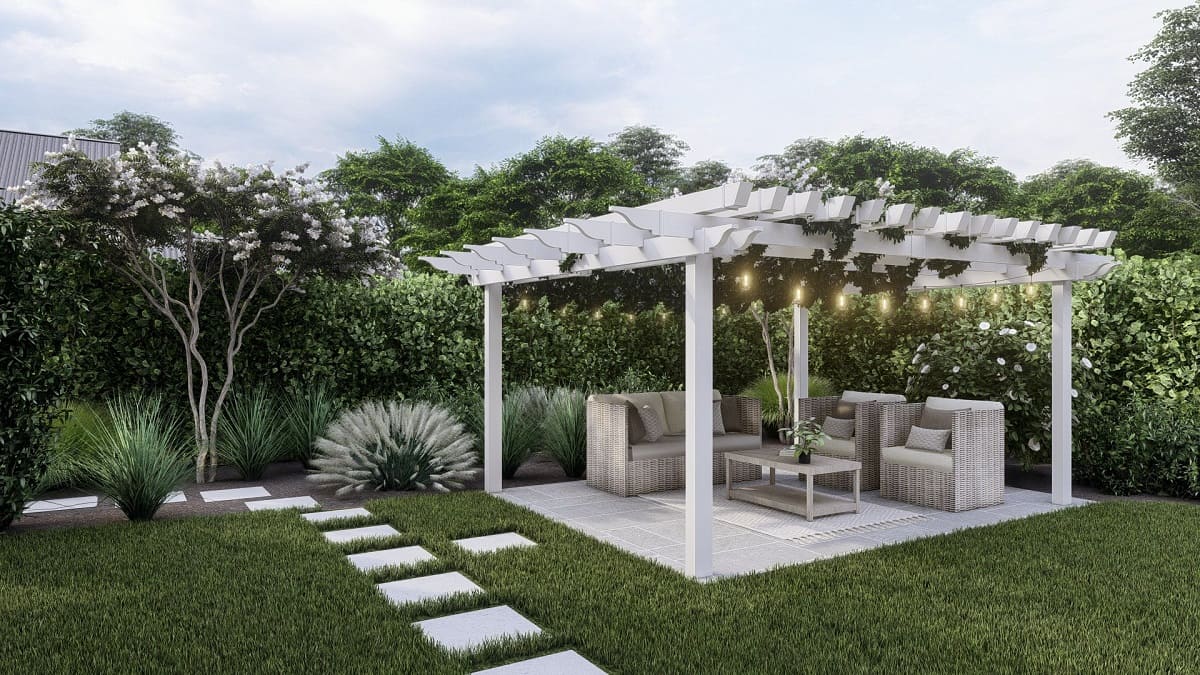

Outdoor Structures
What Is The Best Material For A Pergola?
Published: January 19, 2024
Discover the best material for your pergola and enhance your outdoor space with durable and stylish outdoor structures. Explore the top options for your pergola today!
(Many of the links in this article redirect to a specific reviewed product. Your purchase of these products through affiliate links helps to generate commission for Storables.com, at no extra cost. Learn more)
Introduction
When it comes to enhancing your outdoor living space, a pergola can be an excellent addition. Not only does it provide a shaded area for relaxation and entertainment, but it also adds a touch of elegance and charm to your backyard. However, choosing the best material for your pergola is crucial in ensuring its longevity, durability, and aesthetic appeal.
There are several materials to consider, each with its own unique characteristics and benefits. From the timeless beauty of wood to the sleek modernity of metal and the low-maintenance appeal of vinyl and fiberglass, the options are diverse. Understanding the qualities of each material will help you make an informed decision that aligns with your preferences and practical needs.
In this comprehensive guide, we will delve into the various materials commonly used for pergolas, exploring their strengths, weaknesses, and suitability for different environments. Whether you prioritize natural aesthetics, weather resistance, or minimal upkeep, this exploration will equip you with the knowledge to select the best material for your pergola, ensuring years of enjoyment and functionality in your outdoor space.
Key Takeaways:
- Choose wood for a classic, rustic look, but be ready for regular maintenance to keep it looking its best. It’s a timeless choice that adds warmth and charm to your outdoor space.
- If you want a modern, low-maintenance option, consider metal, vinyl, or fiberglass for your pergola. Each material offers durability and style, with minimal upkeep required for long-lasting enjoyment.
Read more: How To Build A Pergola Roof
Wood
Wood has long been a popular choice for pergolas, prized for its natural beauty and timeless appeal. Common wood options for pergolas include cedar, redwood, and pressure-treated pine. Each type of wood offers distinct characteristics that cater to different preferences and requirements.
Pros:
- Aesthetic Appeal: One of the most compelling reasons to choose wood for a pergola is its warm, organic aesthetic. The natural grain patterns and rich tones of wood lend a sense of rustic charm and elegance to outdoor spaces.
- Customization: Wood can be easily customized to suit your design preferences. Whether you prefer a traditional, rustic look or a more modern style, wood can be adapted to match your vision.
- Sturdy and Durable: High-quality wood, such as cedar and redwood, is naturally resistant to decay, rot, and insect damage, making it a durable choice for outdoor structures.
Cons:
- Maintenance: Wood pergolas require regular maintenance, including staining or painting, to preserve their appearance and protect them from the elements. Without proper upkeep, wood can be susceptible to warping, cracking, and discoloration.
- Vulnerability to Weather: While cedar and redwood offer natural resistance to decay, they are still vulnerable to weathering over time. Exposure to harsh sunlight, moisture, and fluctuations in temperature can impact the longevity of a wood pergola.
- Cost: High-quality wood comes with a higher price tag compared to other materials, making it a significant investment upfront.
Ultimately, the choice of wood for your pergola hinges on your willingness to commit to regular maintenance and the desired aesthetic for your outdoor space. When properly cared for, a wood pergola can exude a timeless appeal and create a captivating focal point in your backyard.
Metal
For those seeking a contemporary and durable option for their pergola, metal stands out as a compelling choice. Common metals used for pergolas include aluminum, steel, and wrought iron, each offering unique advantages for outdoor structures.
Pros:
- Durability: Metal pergolas are renowned for their exceptional durability, capable of withstanding various weather conditions, including heavy rain, strong winds, and intense sunlight.
- Low Maintenance: Unlike wood, metal requires minimal maintenance to retain its appearance and structural integrity. It is resistant to rot, decay, and insect damage, making it an ideal choice for those seeking a hassle-free outdoor structure.
- Modern Aesthetic: Metal pergolas lend a sleek and modern aesthetic to outdoor spaces, making them a popular choice for contemporary design schemes.
Cons:
- Heat Absorption: Metal pergolas can absorb and retain heat, potentially making them uncomfortable to touch during hot weather. However, this can be mitigated with the use of shade-providing elements such as fabric canopies or strategically placed vegetation.
- Limited Customization: While metal can be shaped and customized to a certain extent, it may not offer the same level of flexibility as wood or vinyl in terms of intricate detailing and design options.
- Potential Corrosion: Without proper treatment and finishing, certain metals, such as steel, can be susceptible to corrosion over time, especially in coastal or humid environments.
Overall, metal pergolas are an excellent choice for those who prioritize durability, low maintenance, and a modern aesthetic. With proper care and thoughtful design considerations, a metal pergola can serve as a striking and long-lasting addition to your outdoor space.
When choosing a material for a pergola, consider the climate and maintenance. Cedar and redwood are great for a natural look and durability, while aluminum and vinyl require less maintenance.
Vinyl
When it comes to low-maintenance and versatile options for pergolas, vinyl emerges as a popular choice for homeowners seeking durability and ease of care. Vinyl, also known as PVC (polyvinyl chloride), offers several advantages that make it an attractive material for outdoor structures.
Pros:
- Low Maintenance: Vinyl pergolas require minimal upkeep, as they do not need to be stained, painted, or sealed. Routine cleaning with soap and water is typically all that is required to keep them looking their best.
- Weather Resistance: Vinyl is highly resistant to the elements, including moisture, UV rays, and insect damage. It does not rot, warp, or corrode, making it an ideal choice for outdoor applications.
- Versatility: Vinyl can be manufactured in a wide range of colors and styles, allowing for versatile design options to complement different architectural themes and landscaping preferences.
Cons:
- Aesthetic Limitations: While vinyl offers practical benefits, some homeowners may find its appearance less appealing compared to natural materials like wood. However, advancements in manufacturing have led to improved textures and finishes that closely mimic the look of wood grain, addressing this concern to a certain extent.
- Environmental Considerations: The production and disposal of vinyl materials raise environmental concerns, as PVC manufacturing involves the use of non-renewable resources and the release of potentially harmful byproducts. However, advancements in recycling and sustainable production practices are gradually addressing these issues.
- Potential for Expansion and Contraction: In regions with extreme temperature variations, vinyl pergolas may be susceptible to expansion and contraction, which could affect their long-term structural integrity if not properly accounted for during installation.
For homeowners seeking a low-maintenance and durable option with a wide range of design possibilities, vinyl pergolas offer a compelling solution. With its resistance to weathering and ease of care, a vinyl pergola can provide an attractive and functional outdoor space for years to come.
Fiberglass
For those seeking a material that combines strength, versatility, and aesthetic appeal, fiberglass emerges as a compelling option for pergolas. Fiberglass, composed of glass fibers embedded in a resin matrix, offers a unique set of advantages that make it an appealing choice for outdoor structures.
Pros:
- Strength and Durability: Fiberglass is renowned for its exceptional strength-to-weight ratio, making it a durable and long-lasting material for pergolas. It is resistant to rot, corrosion, and insect damage, ensuring minimal maintenance requirements.
- Design Flexibility: Fiberglass can be molded and shaped into various profiles and textures, offering extensive design flexibility for custom pergola creations. It can emulate the look of wood, stone, or other materials, providing a wide range of aesthetic options.
- Weather Resistance: Fiberglass is highly resistant to weathering, UV rays, and temperature fluctuations, making it an ideal choice for outdoor applications in diverse climates.
Cons:
- Cost: Fiberglass pergolas may come with a higher initial cost compared to some other materials. However, the long-term durability and minimal maintenance requirements can offset this initial investment over time.
- Installation Considerations: Fiberglass pergolas may require professional installation due to their weight and structural requirements. Proper installation is essential to ensure the stability and longevity of the structure.
- Surface Maintenance: While fiberglass is relatively low maintenance, its surface may require occasional cleaning to remove dirt, pollen, or other environmental residues to maintain its aesthetic appeal.
Overall, fiberglass pergolas offer a compelling blend of strength, design versatility, and weather resistance, making them an attractive choice for homeowners seeking a durable and customizable outdoor structure. With its ability to emulate various materials and its minimal maintenance requirements, a fiberglass pergola can serve as a striking and enduring focal point in any outdoor setting.
Read more: What Is A Pergola For?
Conclusion
Choosing the best material for your pergola is a decision that involves careful consideration of various factors, including aesthetic preferences, maintenance requirements, durability, and budget. Each material, whether it’s the timeless allure of wood, the modern appeal of metal, the low-maintenance qualities of vinyl, or the strength and versatility of fiberglass, offers distinct advantages for creating an inviting outdoor space.
When making your selection, it’s essential to assess your specific needs and priorities. If you value the natural beauty and customization potential of wood and are willing to commit to regular maintenance, a wood pergola may be the perfect choice for infusing your outdoor space with rustic charm. On the other hand, if durability and low maintenance are paramount, a metal, vinyl, or fiberglass pergola may better suit your requirements.
Consider the climate and environmental conditions in your area, as well as the architectural style of your home and landscape design, to ensure that the chosen material harmonizes with its surroundings. Additionally, factor in long-term maintenance and upkeep costs, as well as the initial investment required for each material.
Ultimately, the best material for your pergola is the one that aligns with your lifestyle, design preferences, and practical needs. By weighing the advantages and considerations of each material, you can make an informed decision that enhances your outdoor living experience and creates a captivating focal point in your backyard. Whether you opt for the classic warmth of wood, the sleek resilience of metal, the low-maintenance appeal of vinyl, or the strength and versatility of fiberglass, your chosen pergola material has the potential to elevate your outdoor space and provide years of enjoyment and relaxation.
Frequently Asked Questions about What Is The Best Material For A Pergola?
Was this page helpful?
At Storables.com, we guarantee accurate and reliable information. Our content, validated by Expert Board Contributors, is crafted following stringent Editorial Policies. We're committed to providing you with well-researched, expert-backed insights for all your informational needs.
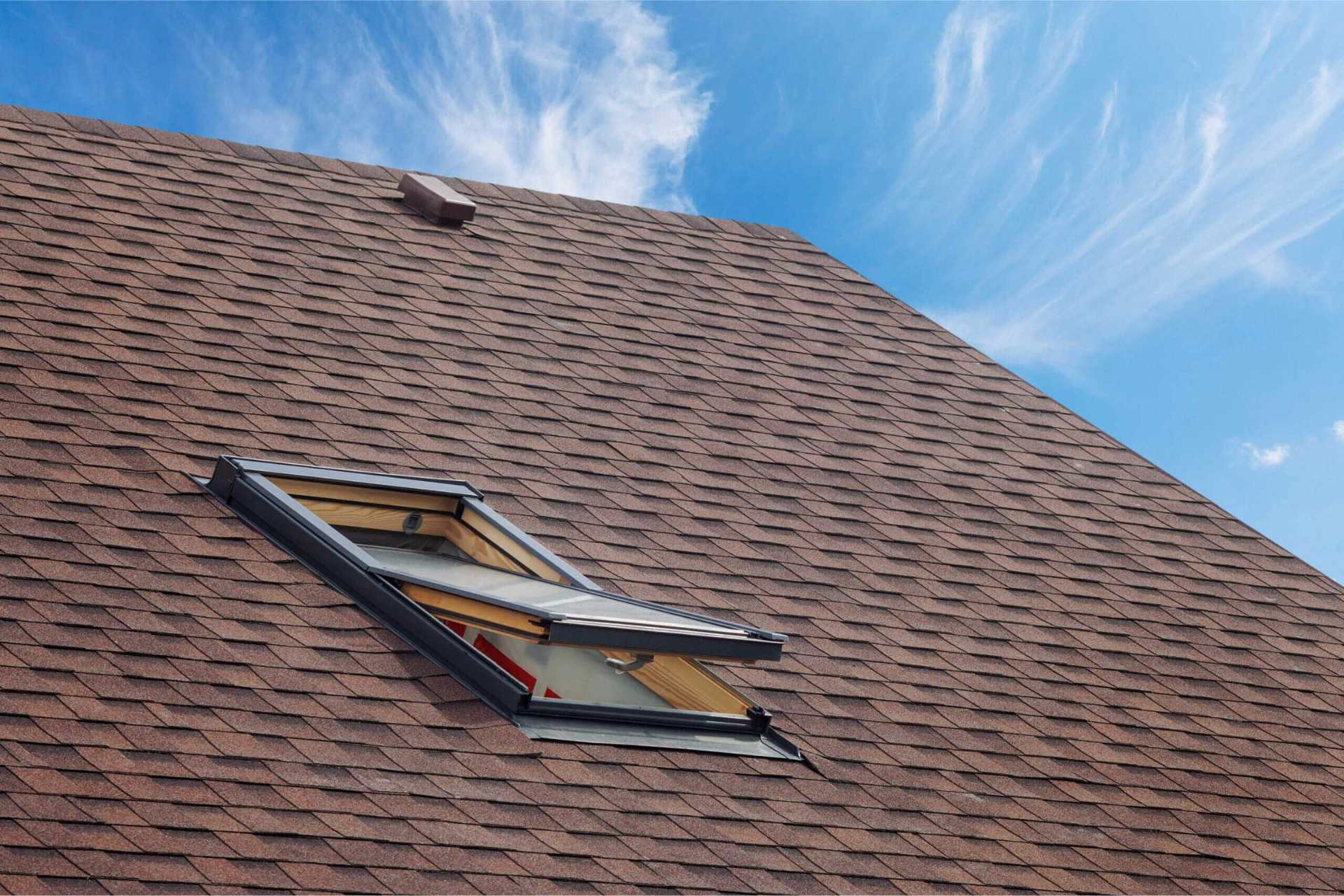
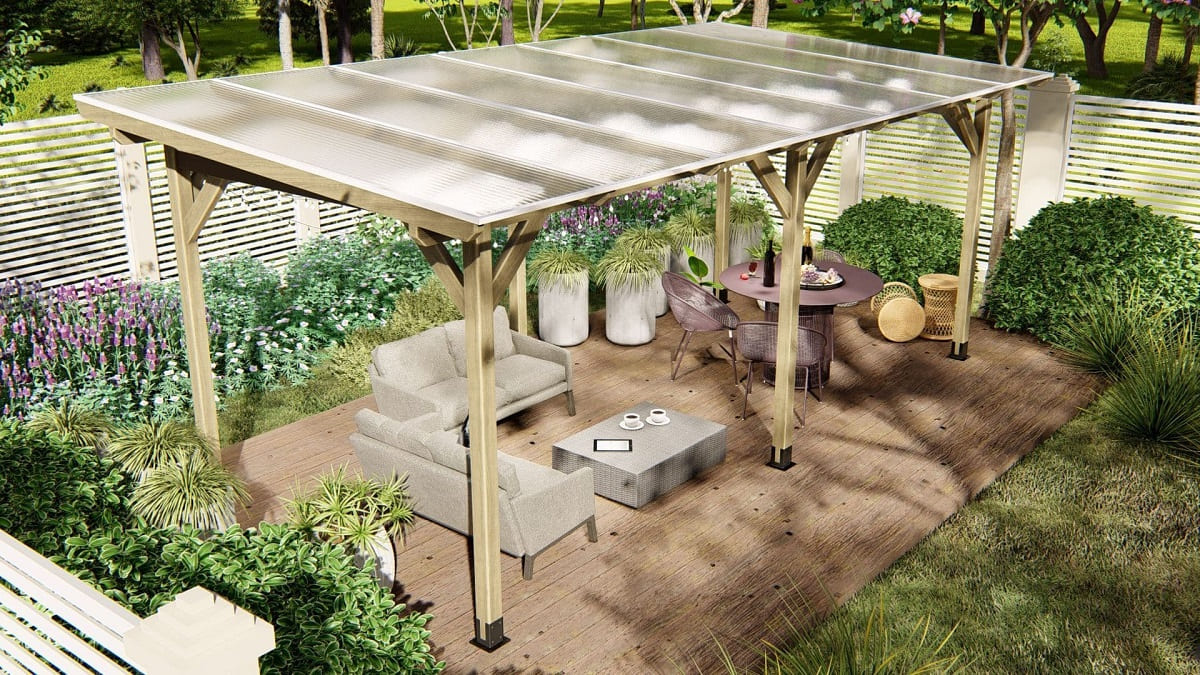
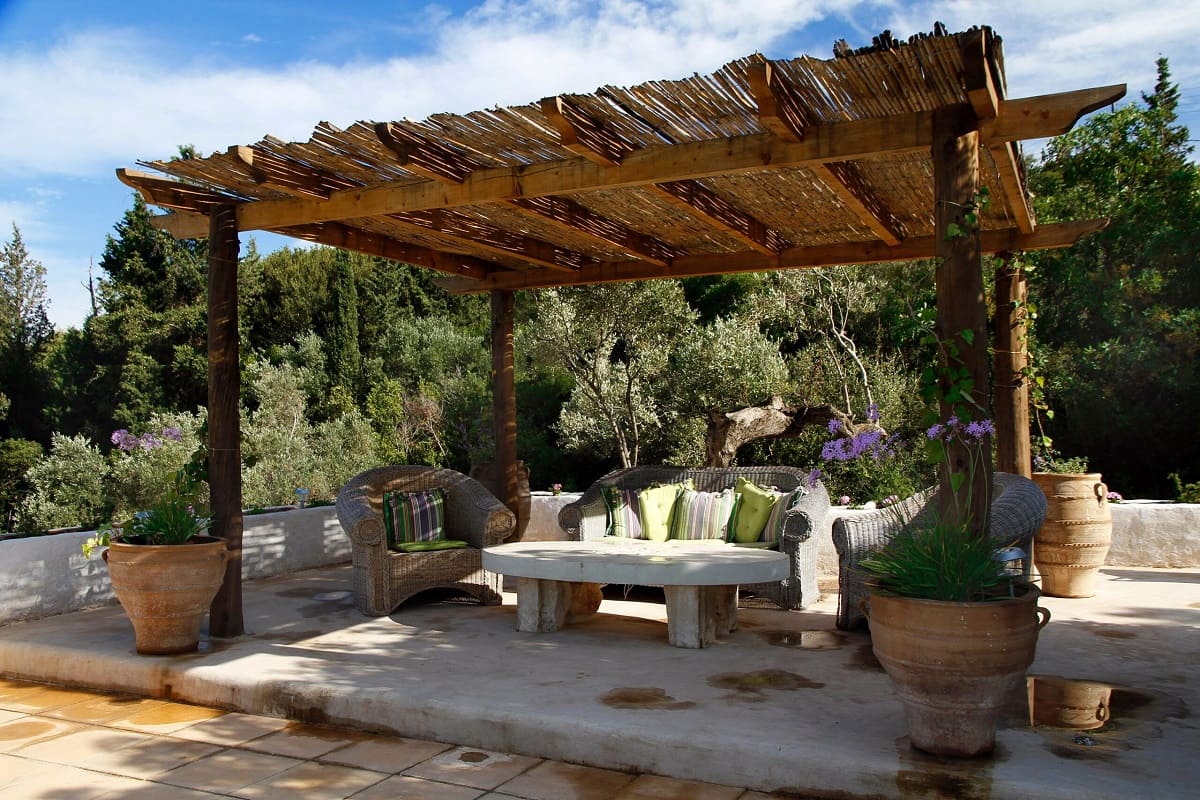
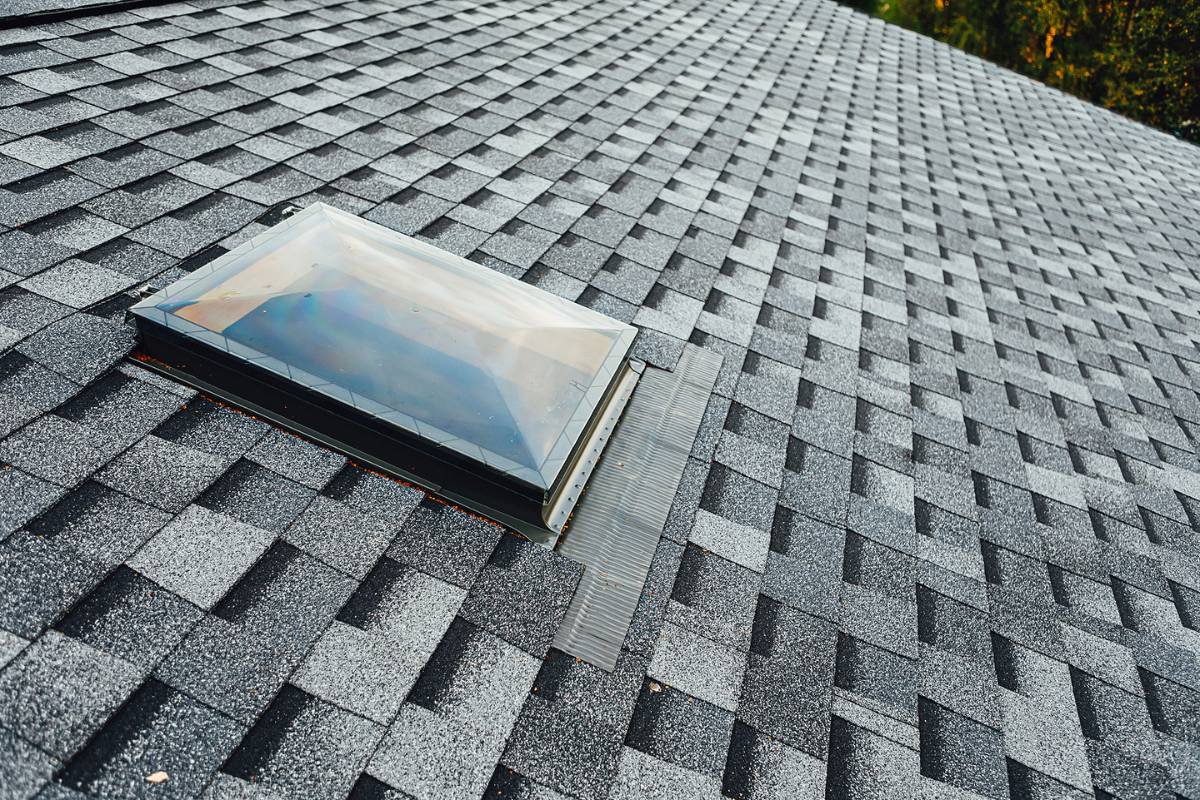
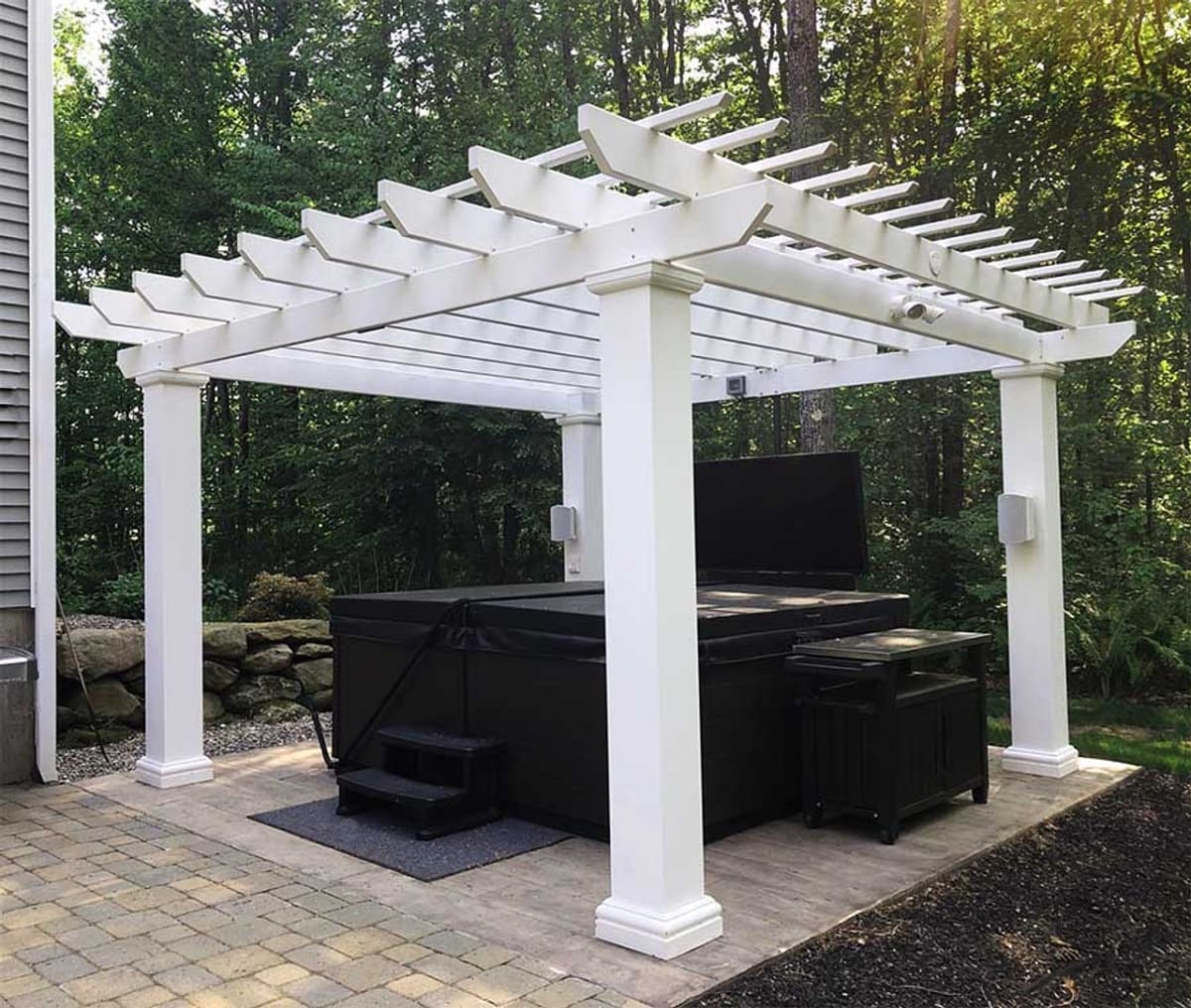
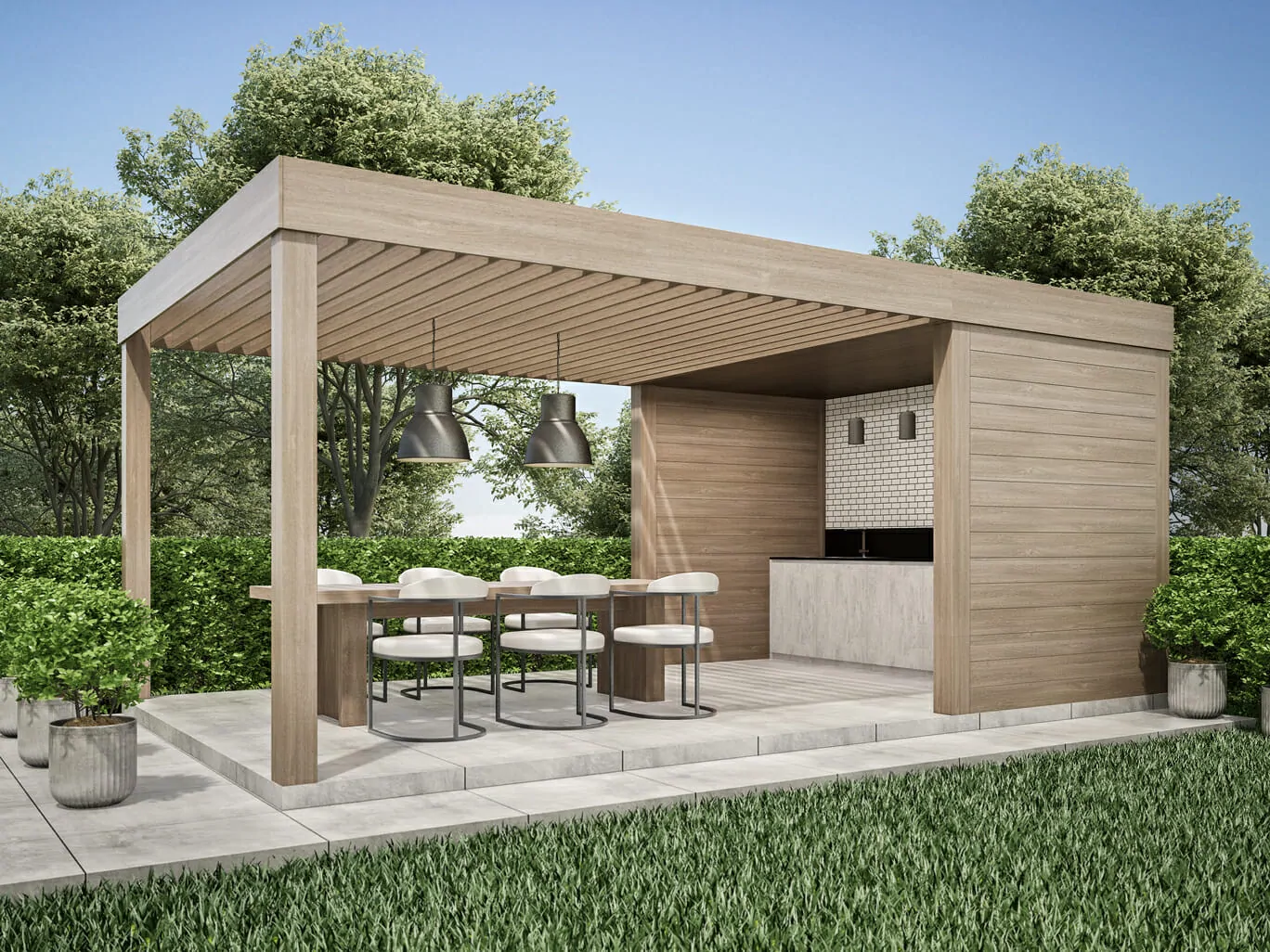
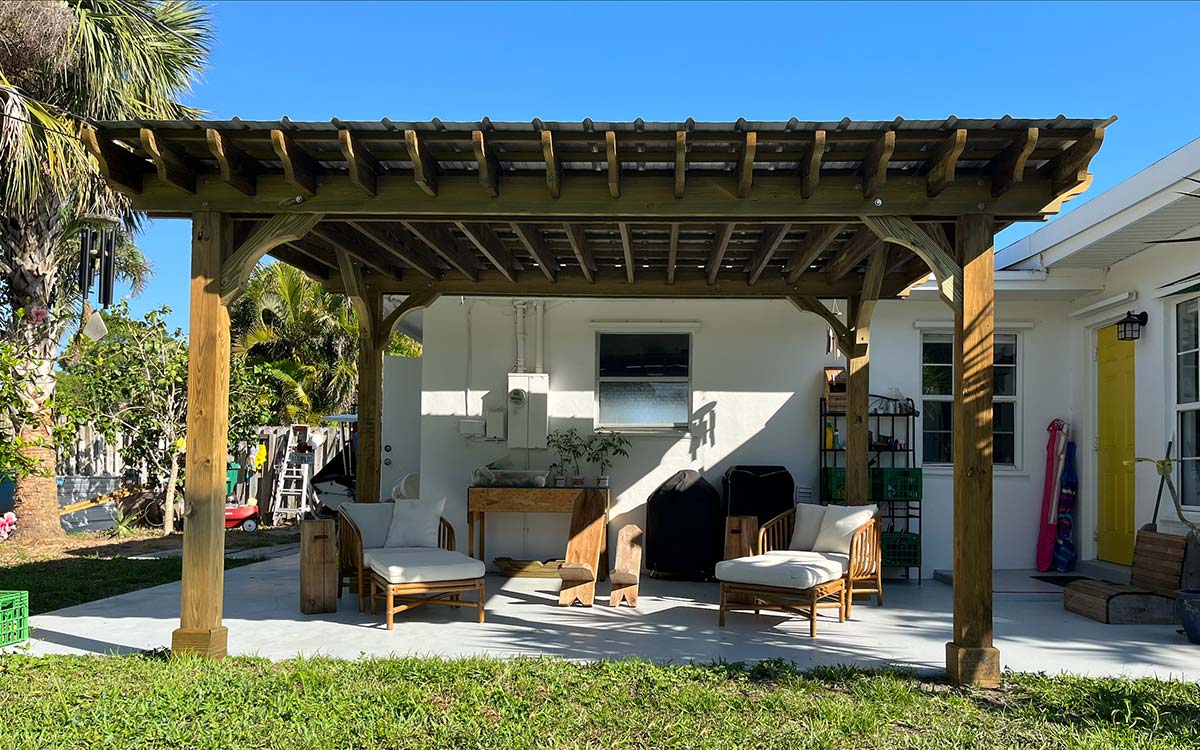
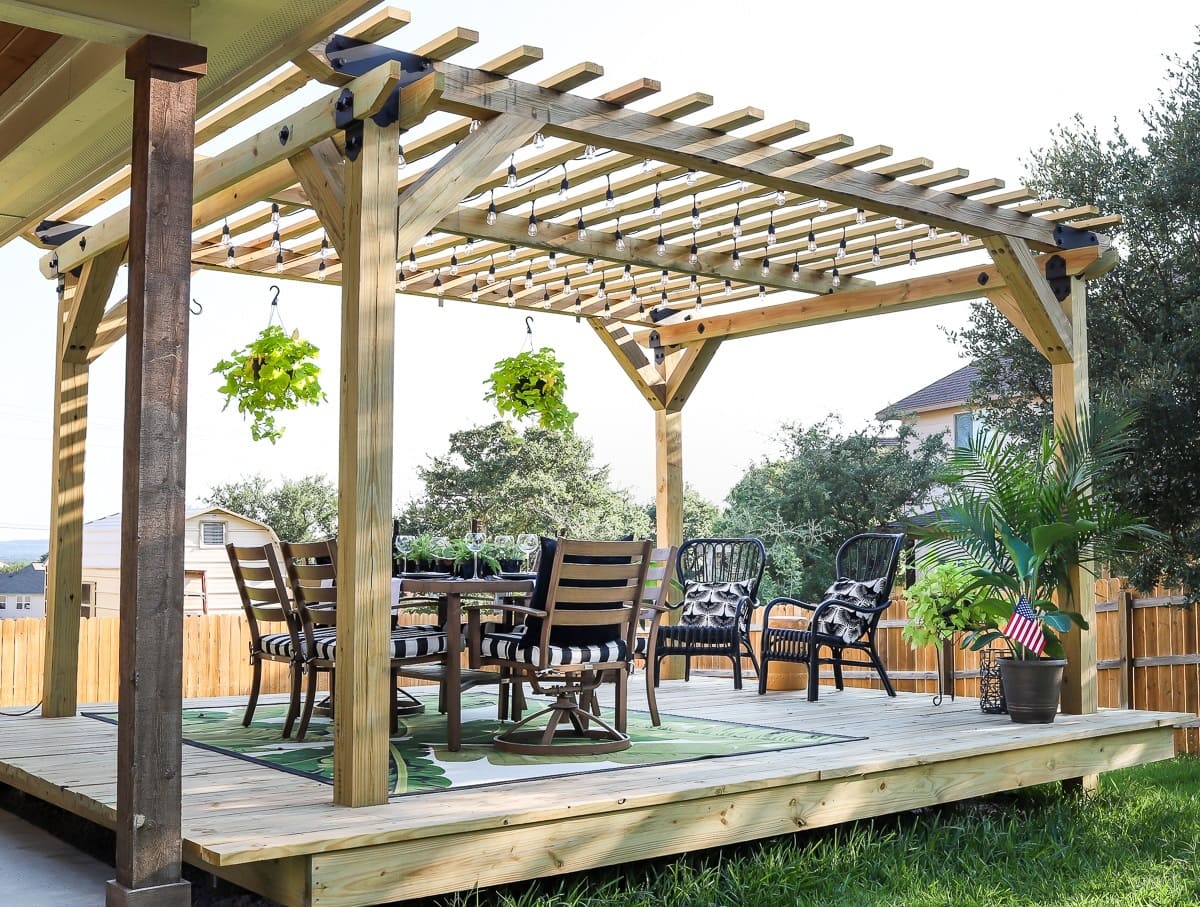
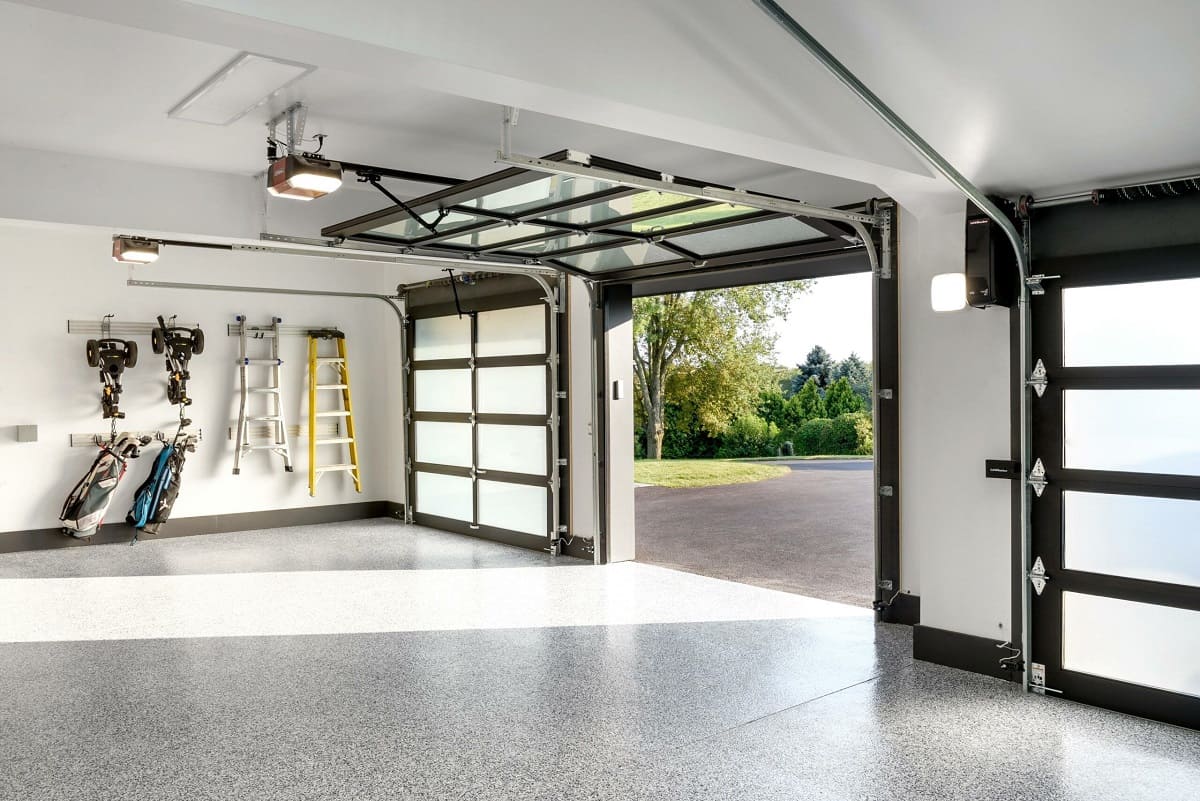
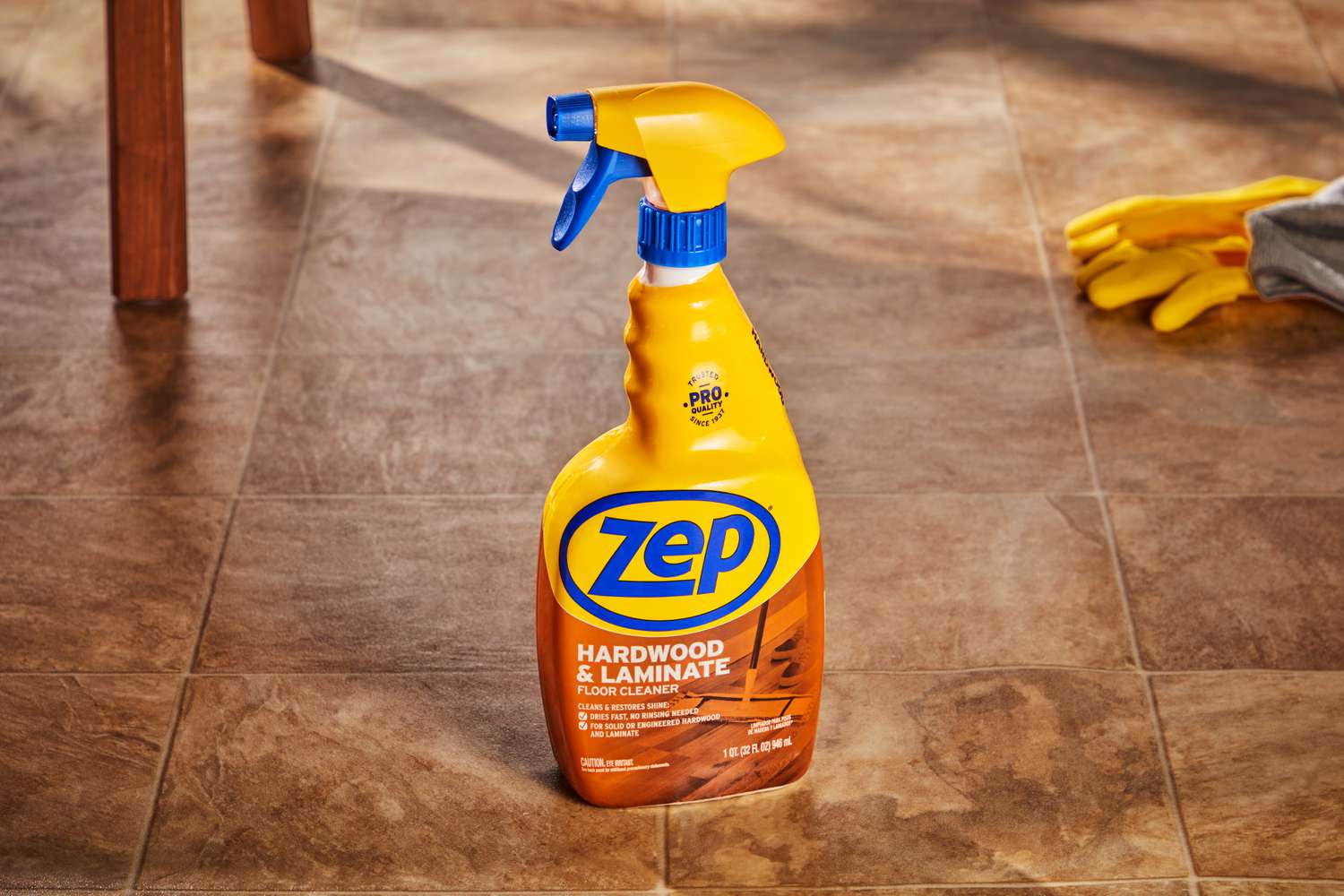
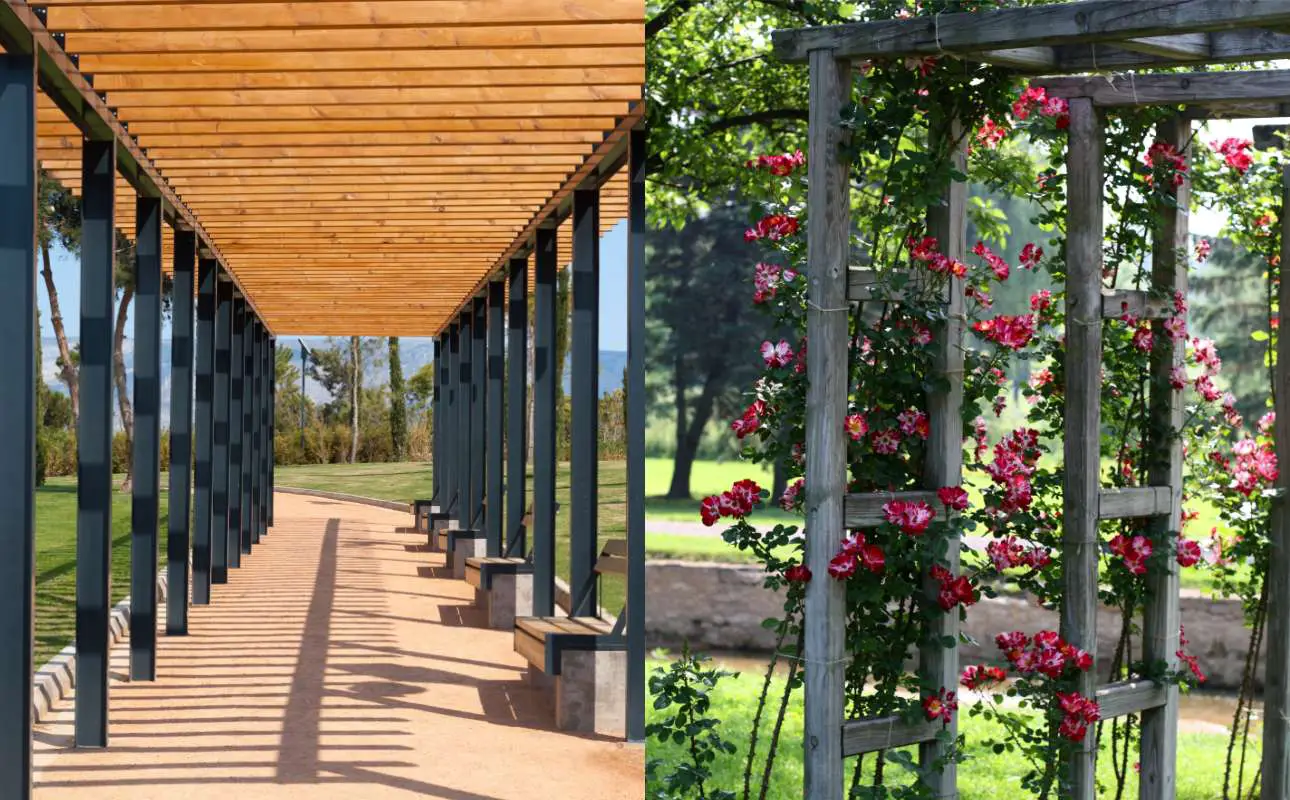
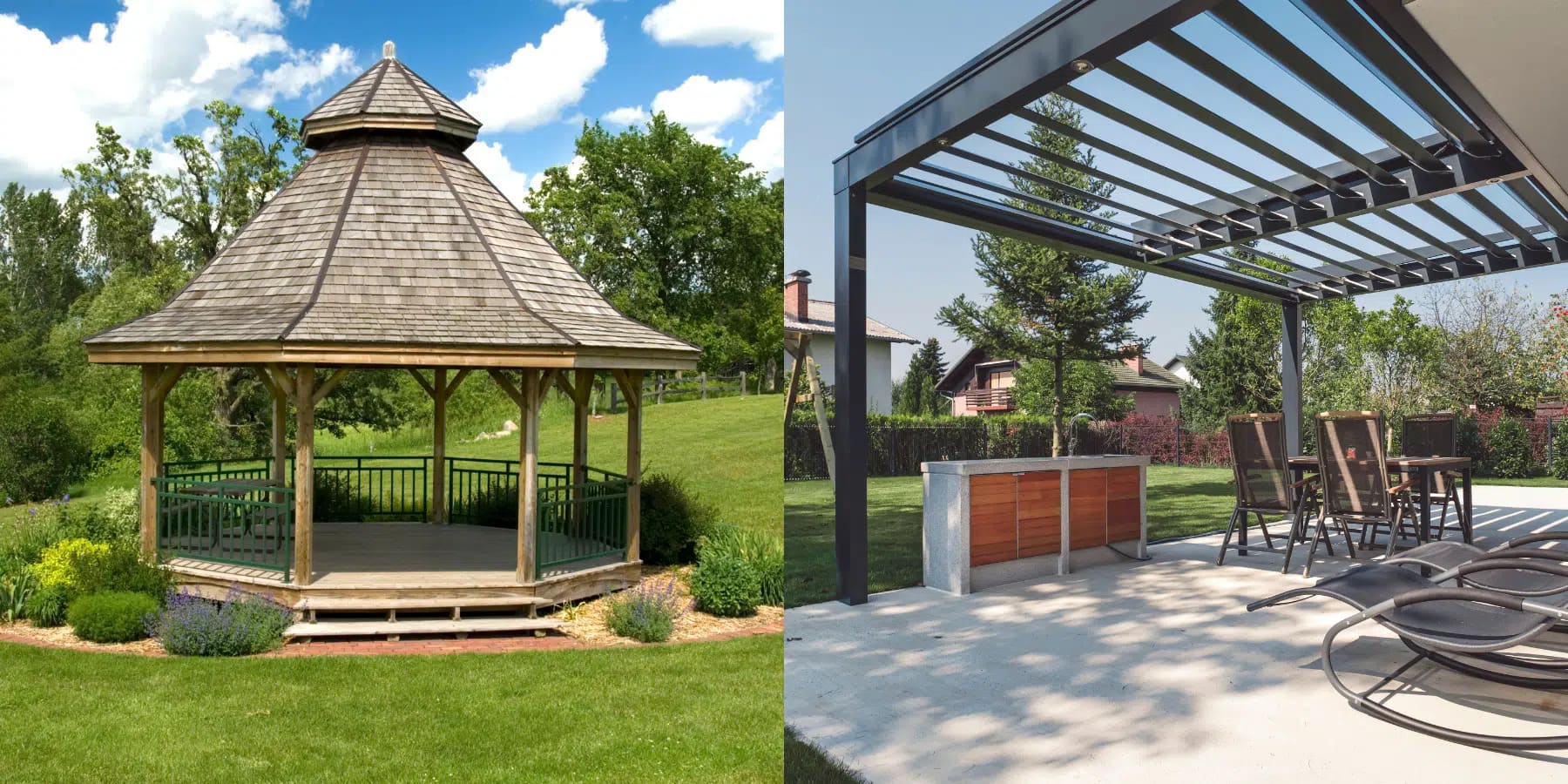
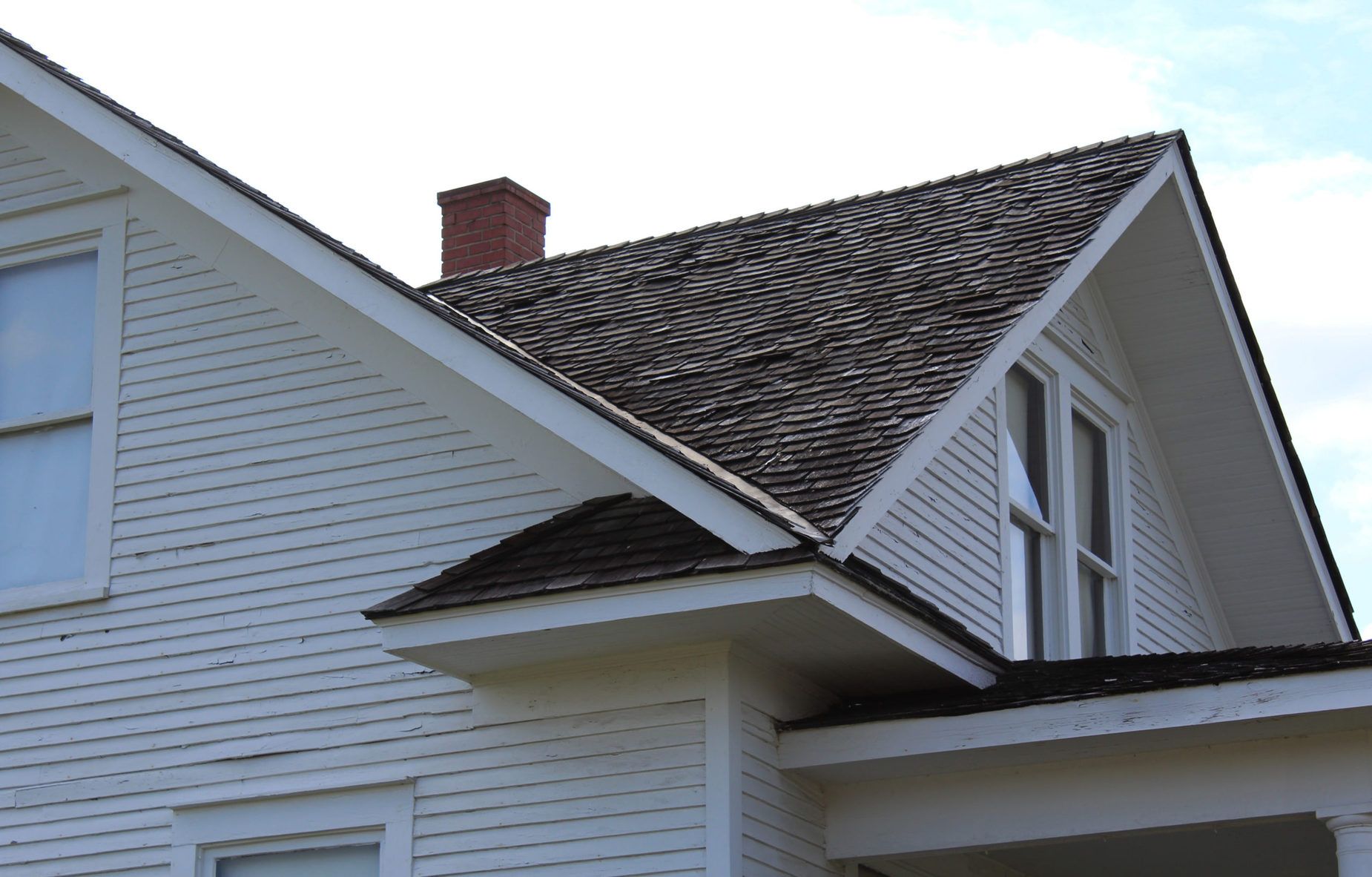
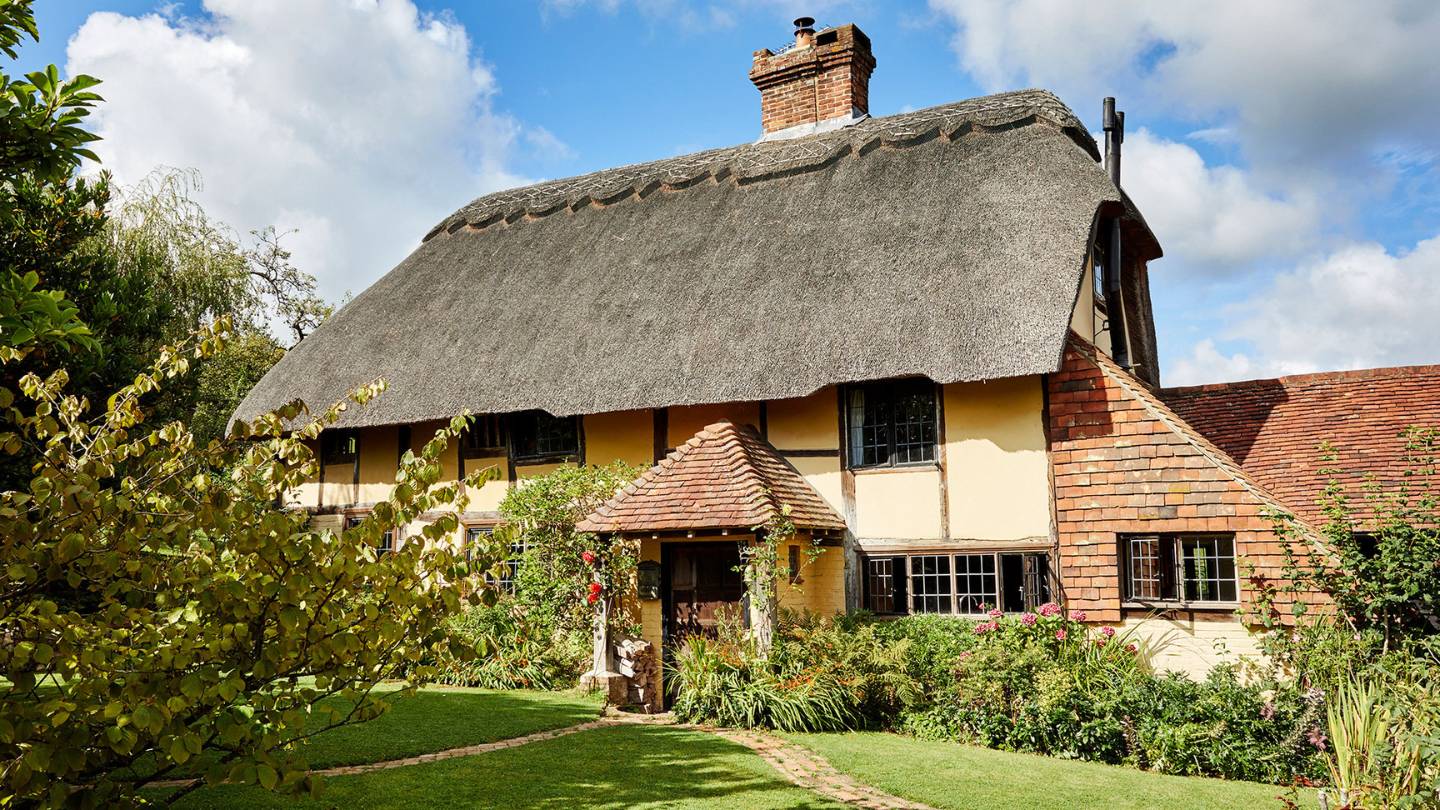

0 thoughts on “What Is The Best Material For A Pergola?”